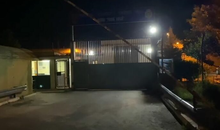
 Flash News
Flash News
Details from the explosion at the Fushe Kruja prison, the explosive material was thrown near the generator
TNT explosion inside the Fushe Kruja prison compound
Fire in the bus park in Lushnja, four of them burned down
Italy transfers 26 more people to detention centers in Albania
Netanyahu: Hamas leader in Gaza, Mohammad Sinwar, has been eliminated
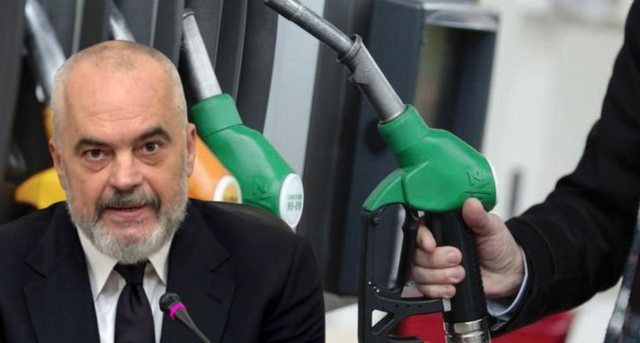
Due to the high fiscal burden, Albania ranks among the 10 countries with the highest fuel prices in the world. Many citizens complain that the price does not necessarily reflect the quality.
On the afternoon of October 29, a liter of diesel was sold for 175 lek at retail outlets in Tirana. On the same day, in Kosovo, oil cost 1.26 euros per liter, in Germany 1.53 euros and in Italy 1.64 euros per liter.
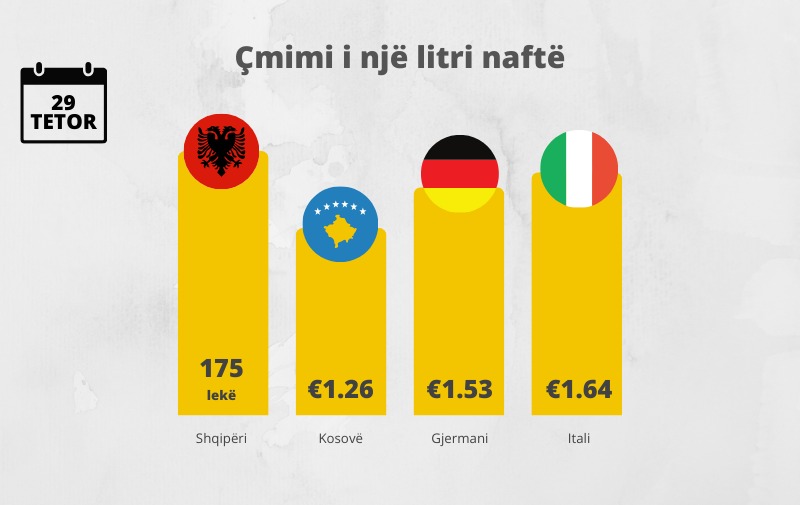
The price difference makes Albania the country with the most expensive oil in the region and among the 10 countries with the highest fuel prices in the world.
For the same product, Albanians spend 40% more than their neighbors in Kosovo and up to 15% more than German consumers, while purchasing power remains much lower than the average of European Union countries.
"The price does not even justify the quality of the fuel," writes Adela from Durrësi, in response to an online survey conducted by Faktoje.al. "Scandal," she added.
According to the questionnaire, 58% of respondents claim that the price of fuel has increased over the last year, 38% think that it has not changed, and only 4% estimate that fuel is cheaper. More than half of the respondents (62%) claim that the current price is unaffordable for the family budget.
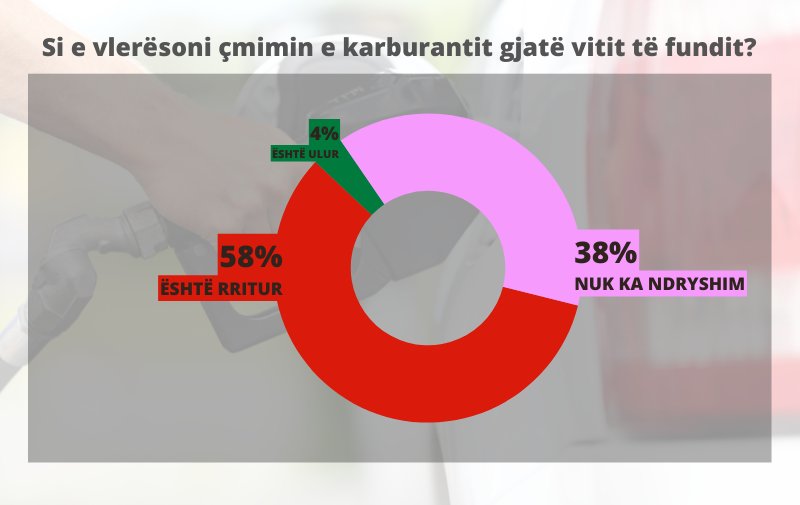
Almost half of the respondents admit that they have increased their monthly expenses due to expensive fuel, while 32% say that they have reduced their purchases for food and other necessities. While 10% of respondents report lifestyle changes due to high fuel prices, 9% report increased debt.
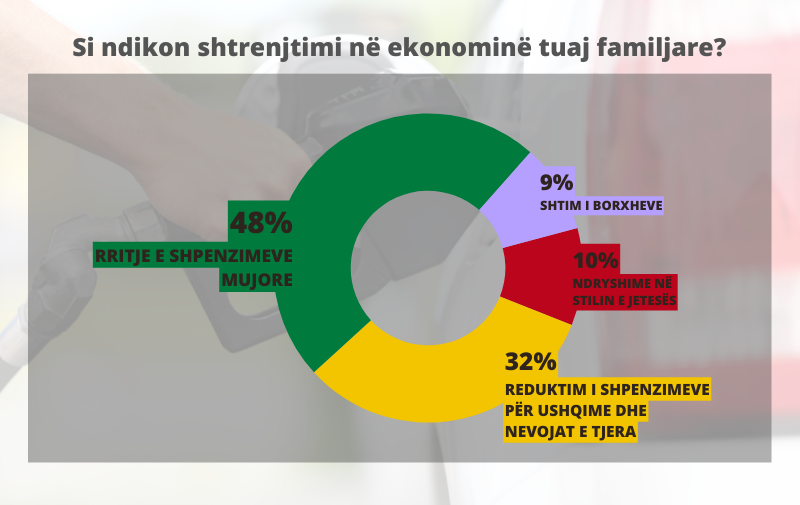
"The price of fuel is very high and this directly affects the cost of living, increasing expenses and reducing the quality of life," said Eduardi from Tirana, one of the 118 respondents.
The average price of oil worldwide is 1.09 euros per liter. According to the latest data from Global Petrol Price, a liter of diesel in Albania is sold for 1.76 euros. Currently, Albania ranks among the ten countries with the highest oil prices in the world.
"The countries that Albania leaves behind in this classification, according to the data of the World Bank for the year 2022, have per capita income from 3 to 35 times higher than Albania," says Enton Duro, an expert on economic issues.
According to Duros, Albanian citizens pay more for a liter of diesel than consumers in many countries of the European Union.
"For purchasing power here, oil is much more expensive than in Italy or Spain," Fation Omuri, who lived abroad and returned three years ago, told Faktoje.al.
Meanwhile, Klajdi from Berati emphasized that in addition to the price, the quality of the fuel sold must also be checked.
"The car only depreciates from bad oil," he said. "In Greece, the price is a little lower, but the quality is much better," added Klajdi.
Even compared to neighboring countries, oil and gasoline in Albania are much more expensive.
Luigj Aliaj from the Association of Hydrocarbon Companies explains that this difference is related to the tax burden on oil.
"We tax oil on average 48 ALL/liter more expensive. If the taxation were equal to the region and would be 48 lek lower, then the prices would be lower than in the border countries," he suggests.
"This shortfall in the budget would be compensated by the increase in consumption, since citizens in the border areas would not need to cross the border for supplies. On the contrary, they and tourists would come here," argues Aliaj.
According to official data, for every liter of fuel in Albania, more than 100 ALL goes to taxes and fees. Specifically, for each liter of diesel or gasoline, we pay 37 ALL for excise duty, 27 ALL as turnover tax, 3 ALL for carbon tax and about 28 ALL for VAT.
Meanwhile, we pay 7 ALL for relicensing, 2 ALL for pump control, 1.4 ALL for scanning fee and 3 ALL for inflation indexing.
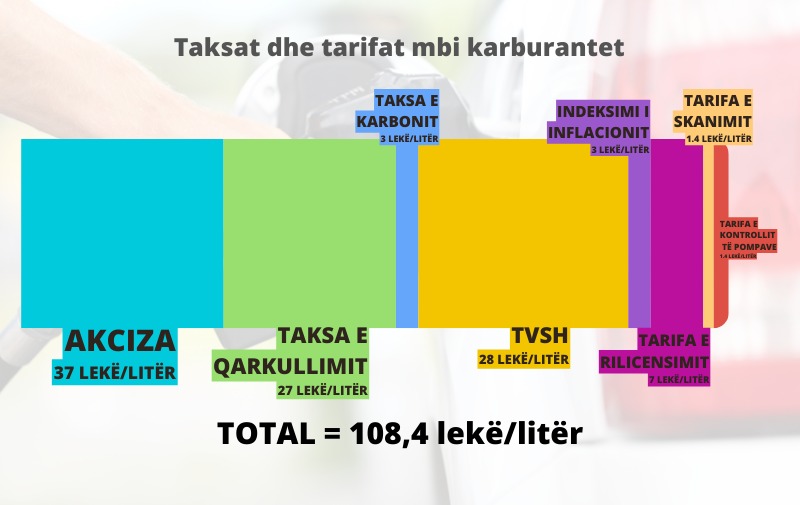
In addition to revising taxes, 13% of citizens who completed the survey say that public transport should be developed.
"Improving urban transport, building trams with the relevant hubs would limit traffic in city centers and, as a result, reduce fuel consumption, pollution and costs associated with the mass use of vehicles (fuel, repairs, spare parts, etc.)," said Fation Omuri.
9% of respondents see the promotion of competition as equally important.
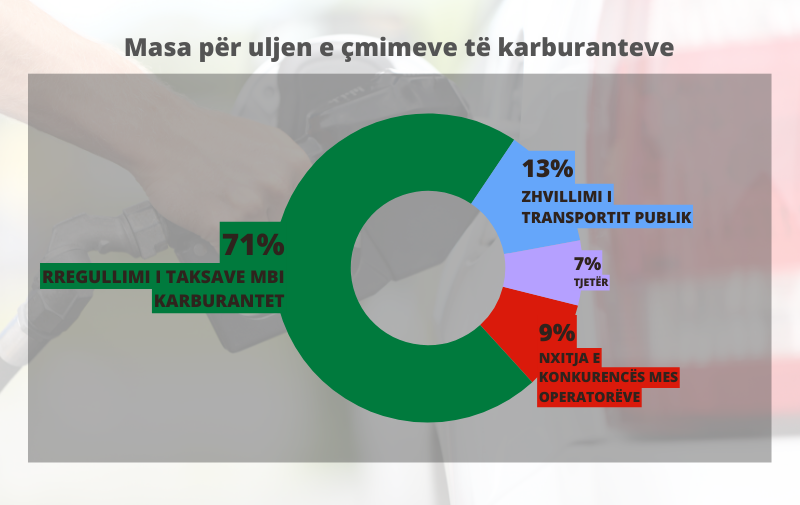
"Competition in the market does not exist. "Perhaps a permanent fuel board will be needed, as in many other states, to set a ceiling price and avoid abuse," writes a citizen.
The National Fuel Administration Board is an early recommendation from the Competition Authority to the government since 2016, following the closure of an in-depth investigation into the fuel market. At that time, the Competition Commission recommended the establishment of a unit for the transparency of hydrocarbon prices, where companies would announce in real time price changes.
"If the findings of that investigation had been taken into account, the market today would have more transparency," says Lindita Lati Milo, former head of the Competition Authority at the time.
But today, the Competition Authority thinks otherwise.
"The recommendations belong to the period of their giving and the dynamics of the market at that time. The fuel market is considered very sensitive and is kept under continuous monitoring by the Competition Authority," this institution told Faktoje.al.
In the last decade, this authority has developed several investigations in the fuel market, but without any significant intervention towards the operators. Faktoje.al
Latest news


11 things people with high IQs do that they pretend to like, but actually hate
2025-05-29 08:47:46
TNT explosion inside the Fushe Kruja prison compound
2025-05-29 08:47:39
Horoscope, what do the stars have in store for you today?
2025-05-29 08:27:39
Fire in the bus park in Lushnja, four of them burned down
2025-05-29 08:12:48
Weather forecast, how temperatures will change during the day
2025-05-29 08:02:11
Morning Post/ In 2 lines: What mattered yesterday in Albania
2025-05-29 07:48:20

DP official: International reaction to the elections expected within two days
2025-05-28 22:43:54



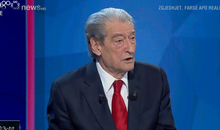

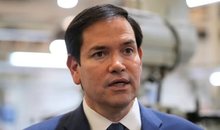
Marco Rubio warns of massive visa freezes for foreign officials
2025-05-28 21:12:04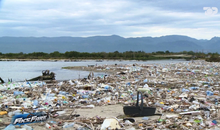

DP demands the repetition of the elections in the region of Fier
2025-05-28 20:52:44
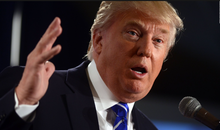

Government, 5 million euros to build a luxury dog hotel
2025-05-28 20:01:58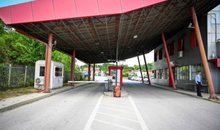

Trump: Will know in two weeks whether to end Ukraine war after Putin call
2025-05-28 19:40:52



Topalli publishes photo: SP militant in postman's uniform affected diaspora vote
2025-05-28 18:32:12
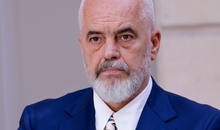


Tragedy in the Canary Islands / Boat with migrants capsizes, six dead
2025-05-28 17:26:42
17 children with salmonella in Gramsh, AKU publishes the results of the tests
2025-05-28 17:12:23
Missing for two days, 44-year-old Albanian found in Italy, what is suspected
2025-05-28 17:03:52
Italy transfers 26 more people to detention centers in Albania
2025-05-28 16:45:06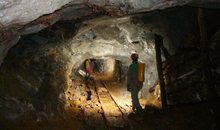
A miner in Bulqiza was injured, hit by a massive rock in the chrome gallery
2025-05-28 16:38:55

Netanyahu: Hamas leader in Gaza, Mohammad Sinwar, has been eliminated
2025-05-28 16:18:59
KPA reinstates Tirana judge Altin Abdiu
2025-05-28 16:14:17

Former Lazio goalkeeper: Tare lives with the team, will also shine at Milan
2025-05-28 15:29:13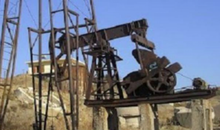

If you don't pay taxes, the tax authorities will seize your cars.
2025-05-28 15:09:26
Do you wake up early? Health and happiness smile at you from the morning!
2025-05-28 15:00:02

Vodhën automjetin në Tepelenë dhe e shitën në Gjirokastër, në pranga 3 të rinj
2025-05-28 14:51:00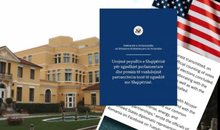
Comparison/ How to understand the American message about the elections
2025-05-28 14:37:21

Rama has no one to write to.
2025-05-28 14:19:47
Famous Democrat Denounces Patronage: Here's Whose Hand Was the Diaspora's Vote
2025-05-28 14:08:51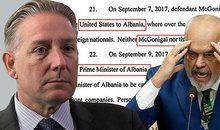

Experts warn: This summer's heat is expected to break records
2025-05-28 13:47:33
Body language expert breaks down wife's push towards Macron
2025-05-28 13:30:29
Lamine Yamal signs with Barcelona until 2031
2025-05-28 13:22:26

US temporarily suspends visa interviews for foreign students
2025-05-28 12:59:52
US Embassy message on elections, Berisha: The annihilation of Edi Rama
2025-05-28 12:49:39
The Knife in the U.S. Embassy’s Congratulations
2025-05-28 12:43:29



Congratulations or announcement?
2025-05-28 12:21:00
26-year-old wanted by Kazakhstan arrested in Tirana
2025-05-28 12:10:50
EU calls for formation of Kosovo government: We need a partner
2025-05-28 11:55:29


Seizure of assets, Ajola Xoxa appeals to the Supreme Court
2025-05-28 11:22:35

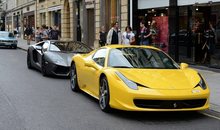
Albanians 'crazy' about luxury cars
2025-05-28 10:51:53
Trump: Putin is playing with fire after deadly attacks in Ukraine
2025-05-28 10:46:03
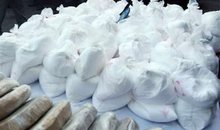


Wanted for drug trafficking, Gertin Aliu arrested in Belgium
2025-05-28 09:46:10
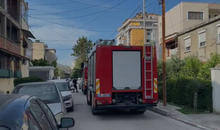
Gas cylinder explodes in Fier, woman injured
2025-05-28 09:23:53
The four most popular drinks that speed up metabolism
2025-05-28 09:14:32
Tre të akuzuarit për vrasjen e 41-vjeçarit Altin Arapaj mbeten në burg
2025-05-28 09:05:46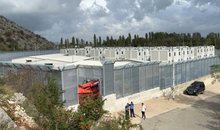
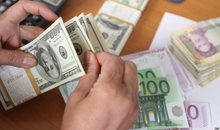
Foreign exchange, the rate at which foreign currencies are sold and bought
2025-05-28 08:48:03
Economic aid funds in relation to GDP, on a downward trend
2025-05-28 08:30:59
Horoscope, what do the stars have in store for you today?
2025-05-28 08:19:23
Weather forecast, clear skies and high temperatures during the day
2025-05-28 08:05:40
Morning Post/ In 2 lines: What mattered yesterday in Albania
2025-05-28 07:50:38



Trump in strong tones towards Putin/Russia: World War III, the real danger!
2025-05-27 21:58:11

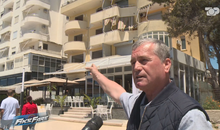
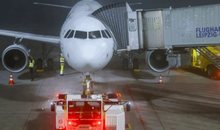
70 Albanians from Kosovo and Albania are deported from Germany
2025-05-27 20:59:16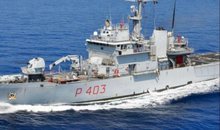

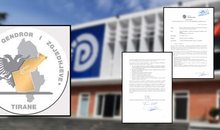

Italy/ 39-year-old Albanian man crashes to death while waiting to go to work
2025-05-27 20:15:03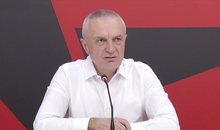
SPAK's accusations against Meta, AP: Former president openly critical of Rama
2025-05-27 20:09:47
Accident in Lushnje, four cars and a motorcycle involved
2025-05-27 19:44:24

